
CLAAS CEO Jan-Hendrik Mohr and CT AGRO Managing Director Jörg Voschepot shared with the World of NAN reporter how they will develop the production of agricultural machinery in Kazakhstan.
- Mr. Mohr, Mr. Voschepot, why was the decision made to build CLAAS agricultural machinery assembly facility in Kazakhstan?
"When we enter a new market, we initially start with the sale of machines and equipment, developing service along the way, but our global strategy also includes the development of certain prospects. We have to add value, increase the value of our presence. And Kazakhstan was not chosen by chance, because it's a fairly large and very promising market.
I'd like to note that each new facility is an extremely important and responsible stage in our company's development. After all, each new production facility has to be fully in line with the Made by CLAAS principles, producing only first-class machines. All CLAAS sites in Germany, France, Hungary and Kazakhstan produce machines to the same standards. This ensures the same high level of quality. We take a similar approach with regard to service, the selection and training of our staff, and our work with suppliers," says Jan-Hendrik Mohr.
"The launch of production at CT AGRO was also an important strategic development milestone for us. We began working with CLAAS on this project back in 2010. Both then and now there is a very high demand for new agricultural technology in Kazakhstan. In addition, at a certain point in time, the Government of the Republic demonstrated its interest in localizing the production of modern foreign machines in the country.
The project itself was not easy and required a lot of hard work. The start was given in 2018 with the establishment of the company in North Kazakhstan. It took a few more years to work out the project in detail, resolve issues with the production site, personnel, and many other things. In 2021, as part of a special investment contract, we undertook to set up industrial assembly of CLAAS and HORSCH agricultural equipment at the production site in Petropavlovsk within five years. We are currently on schedule to master the production operations for the range of equipment approved in the contract.
At the moment we have a total of 300 employees in CT AGRO Kazakhstan, but since the pace of development has to be increased, the issue of training remains one of the most important for us," Jörg Voschepot added.
- How much has CLAAS invested within the framework of the agreement (special investment contract)?
"It is difficult to provide an estimate of the investments, not only because the financial information is confidential, but also because it is difficult to calculate how much CLAAS has spent on the initial production start-up. It is not just about upgrading the production building leased to us by the Akimat, or acquiring the necessary production equipment. It is the cost of setting up technological processes, personnel training, adjustment of logistics issues. All this required a lot of money, but all these processes have not yet been fully completed. Plus, it is worth mentioning the requirements of a special investment contract to the charter capital of our joint venture - 500 mln tenge or almost 1 mln euro. And this amount during the term of the contract, which is 5 years, must be at least doubled. However, the amount of investment is a secondary issue for us, the main task is to provide Kazakhstan with the necessary volume of agricultural machinery", - explains Mr. Mohr.
- People often criticize the CLAAS plant in Petropavlovsk, saying that it is just a screwdriver assembly line and nothing more. What do you say about that?
"You have to understand that the creation of a production complex is a long process, not a one-time event. Even despite large-scale investments measured in millions of euros, in double digits. We have a plan and the requirements of a special investment contract. And we work according to them, building up the technological reserves of the site every year. In addition, it is extremely important to CLAAS that the production level here is the same as at the other plants. The conversion to local production has therefore not yet taken place. However, we are moving in that direction step by step. And our goal is not just to gradually transfer to the use of components made in Kazakhstan, but to be able to supply them to CLAAS plants in other countries. After all, they are fully compliant with our high standards," explains the CLAAS General Manager.
- So the company plans to increase the localization of production in Kazakhstan?
"We have a five-year plan, fixed in a special investment contract, which we follow. Our approach is focused on starting with small, gradually moving to more complex technological operations. Right now to a greater extent we are just assembling. But the main point here is also to ensure high functional quality of the machines at the end of production. We ensure this to the fullest extent. Plus, with regard to localization rates. It is different for each piece of machinery: a combine harvester has one, a tractor has another. So somewhere it will be a little faster and somewhere a little slower. The same applies to the format of production. The transition to SKD assembly is underway now, but in the future we are planning to introduce traditional assembly from individual parts," noted Jan-Hendrik Mohr.
For his part, Jörg Voschepot added: "We need to make sure that with the growth in localization we will supply the Kazakh farmers with the same quality equipment as we do now. This is extremely important to us, and we are constantly working in this direction. For example, we are already providing for the assembly of a pilot batch of CLAAS XERION tractors this autumn. A limited series of sub-assemblies is planned for next spring, subject to mandatory functional quality assurance. You may think that this pace is a bit fast, but for us it is crucial that we get all the right moves in this area.
- What kind of government support does this joint project receive?
"Of course, the support of the government as well as the regional authorities plays a very important role. Much has been done in terms of infrastructural assistance at the stage of preparing the production site. There is still support today. But now, however, the main help is indirectly through the Kazakhstani agrarians, who, when purchasing the equipment assembled in Petropavlovsk, pay neither customs duties, nor VAT, nor the recycling fee. As a result, high-quality equipment is more affordable for them. Plus, it falls under various subsidy, preferential lending and leasing programs. All this allows agricultural producers to upgrade and build up the fleet of modern equipment faster. In our turn, we, in this case, can produce and sell more and then invest in further development of production," summarized the Managing Director of CT AGRO.






































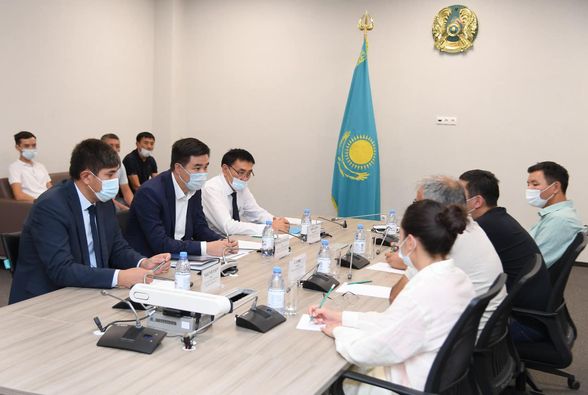
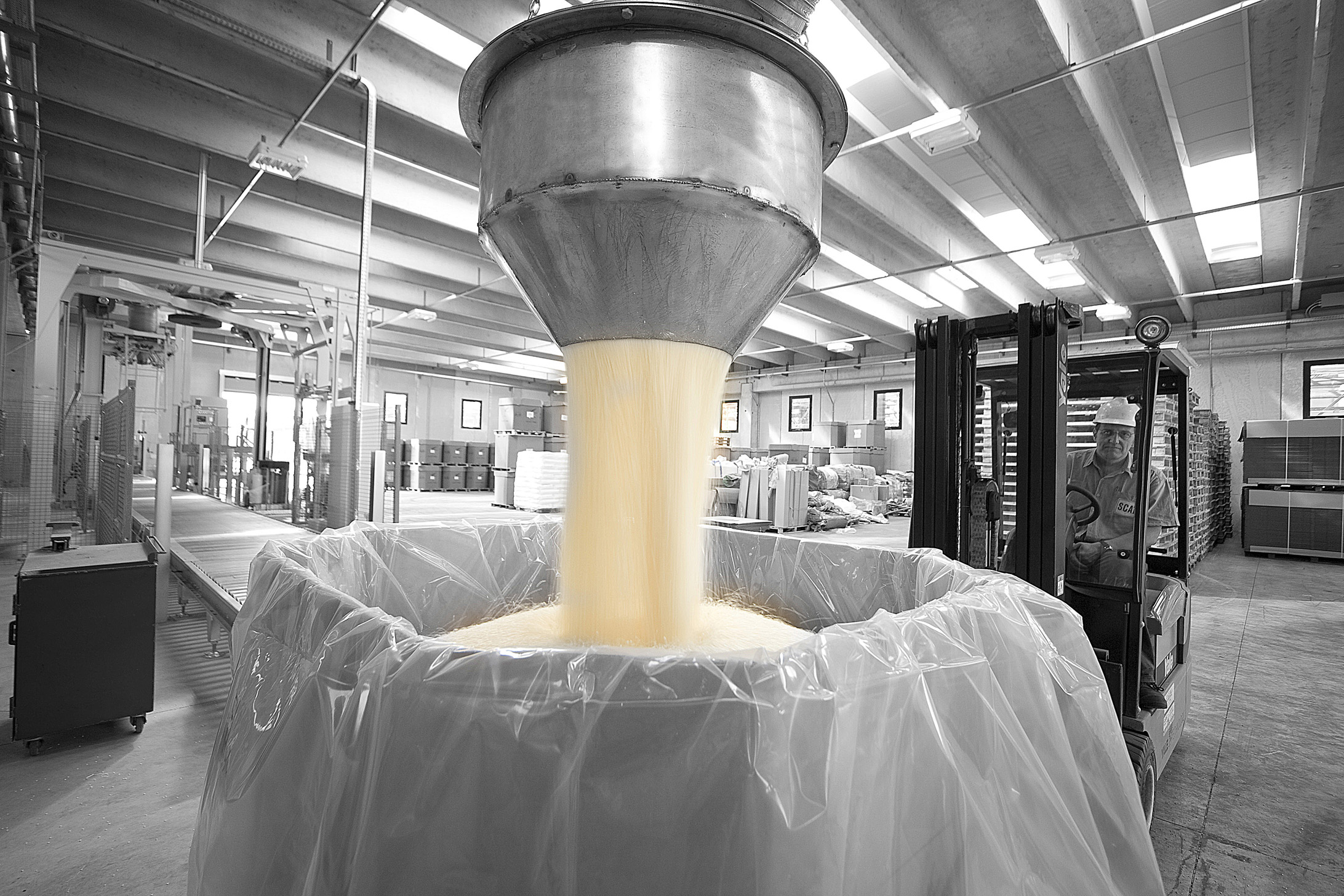
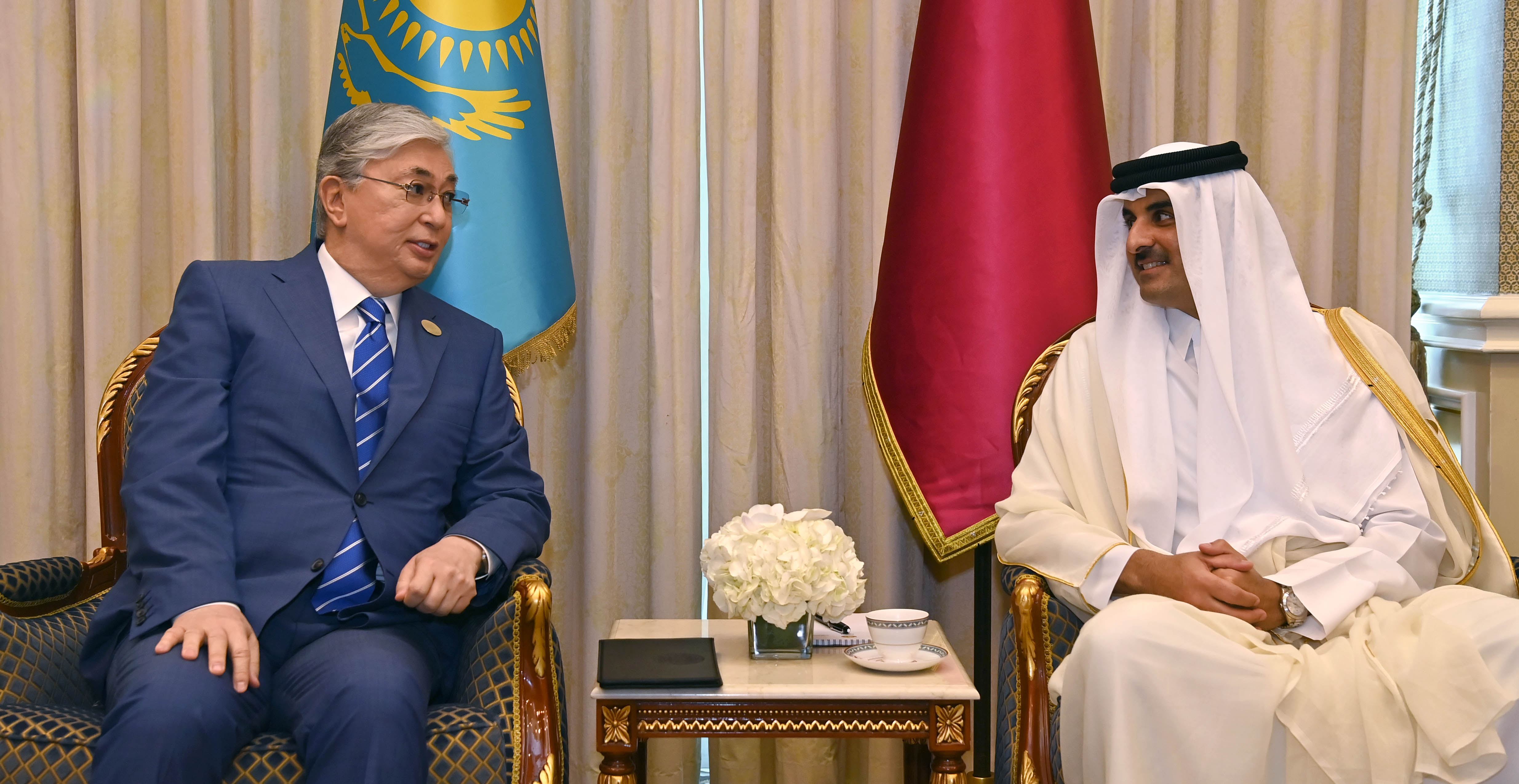
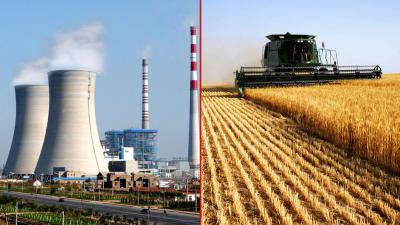
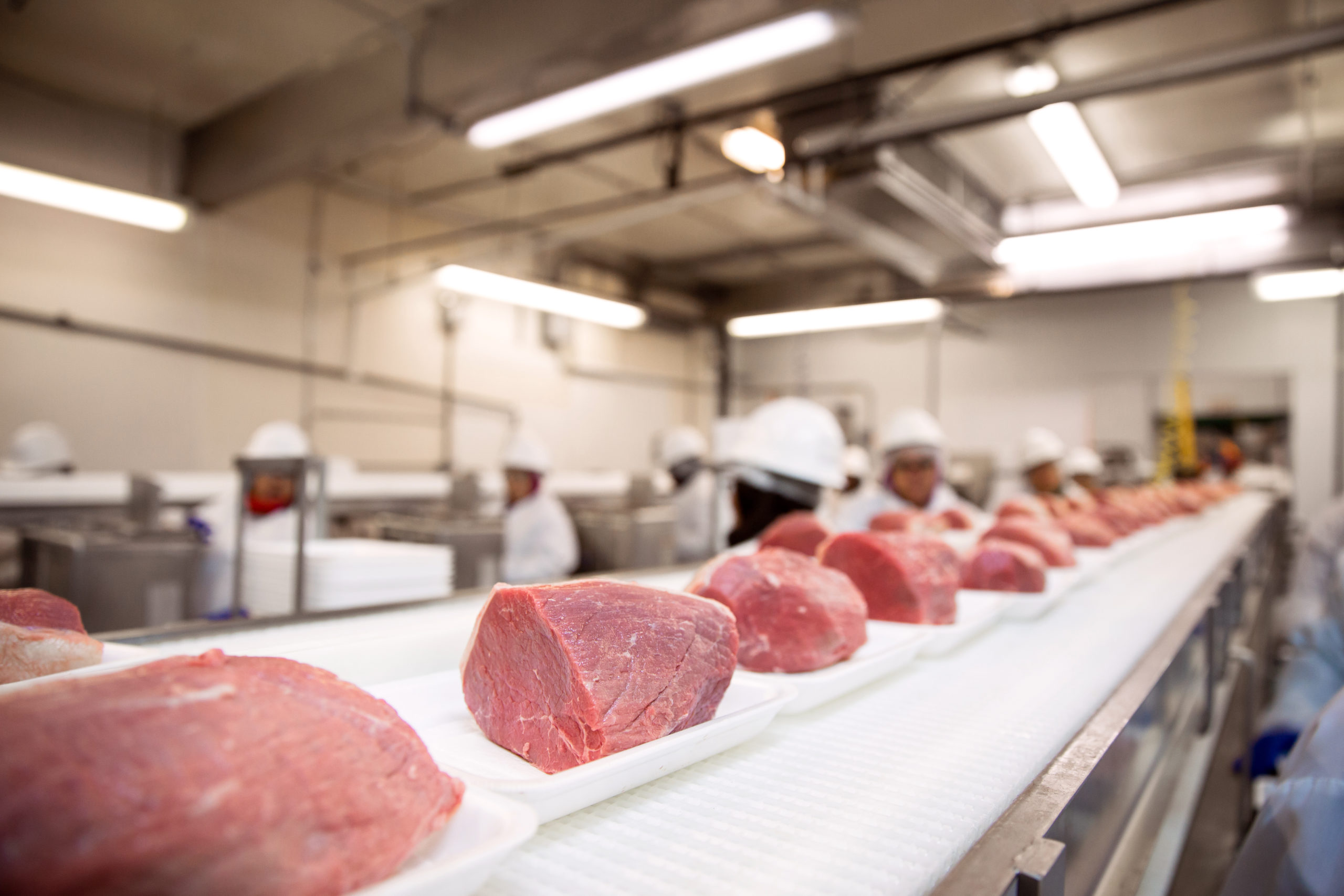

Обсуждение